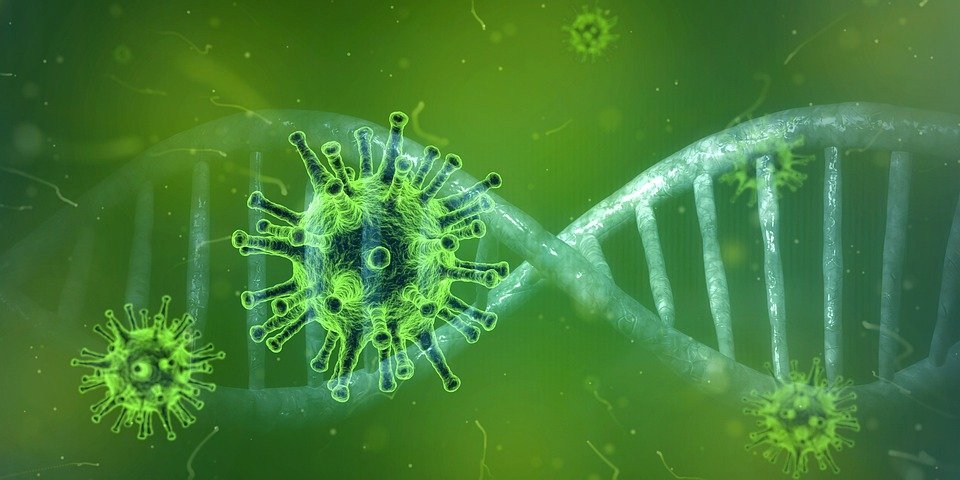The preliminary results of a study by the University of Cyprus found presence of the genetic material of the SARS-CoV-2 virus in the urban wastewater of Limassol, the town’s sewage board said on Tuesday.
The university carried out the study after signing a cooperation agreement with the university last December with the sewerage board of Limassol – Amathus (Sala).
It added that the results showed fragments of the virus from two genes in the urban wastewater of the greater Limassol area for the period January and February 2021.
In February 2021, a statistically significant increase in the concentration of fragments of the genetic material of the virus is recorded, it added.
“These results are consistent and correlate with the degree of spread of the disease during this period,” Sala said.
It added that its cooperation with the university aims to develop an observatory /epidemiological surveillance system in the area served by the Sala that will be able to respond, not only to the SARS-CoV-2 virus, but also to other public health emergencies, including bacteria resistant to antibiotics.
“At the same time, sewage monitoring in pipelines near specific structures, such as schools, hospitals, penitentiaries, etc. may be an important complementary and supportive tool to the need for continuous clinical sampling from these areas,” Sala said.
Sala and the University of Cyprus, it said, “consider that a possible cooperation with the health ministry and the connection of the classic epidemiological data with the sewage observatory, could greatly contribute to a better understanding of the course of the COVID-19 pandemic in the country.”
The sewerage board urged more state and private agencies to support this important effort by the university.







Click here to change your cookie preferences